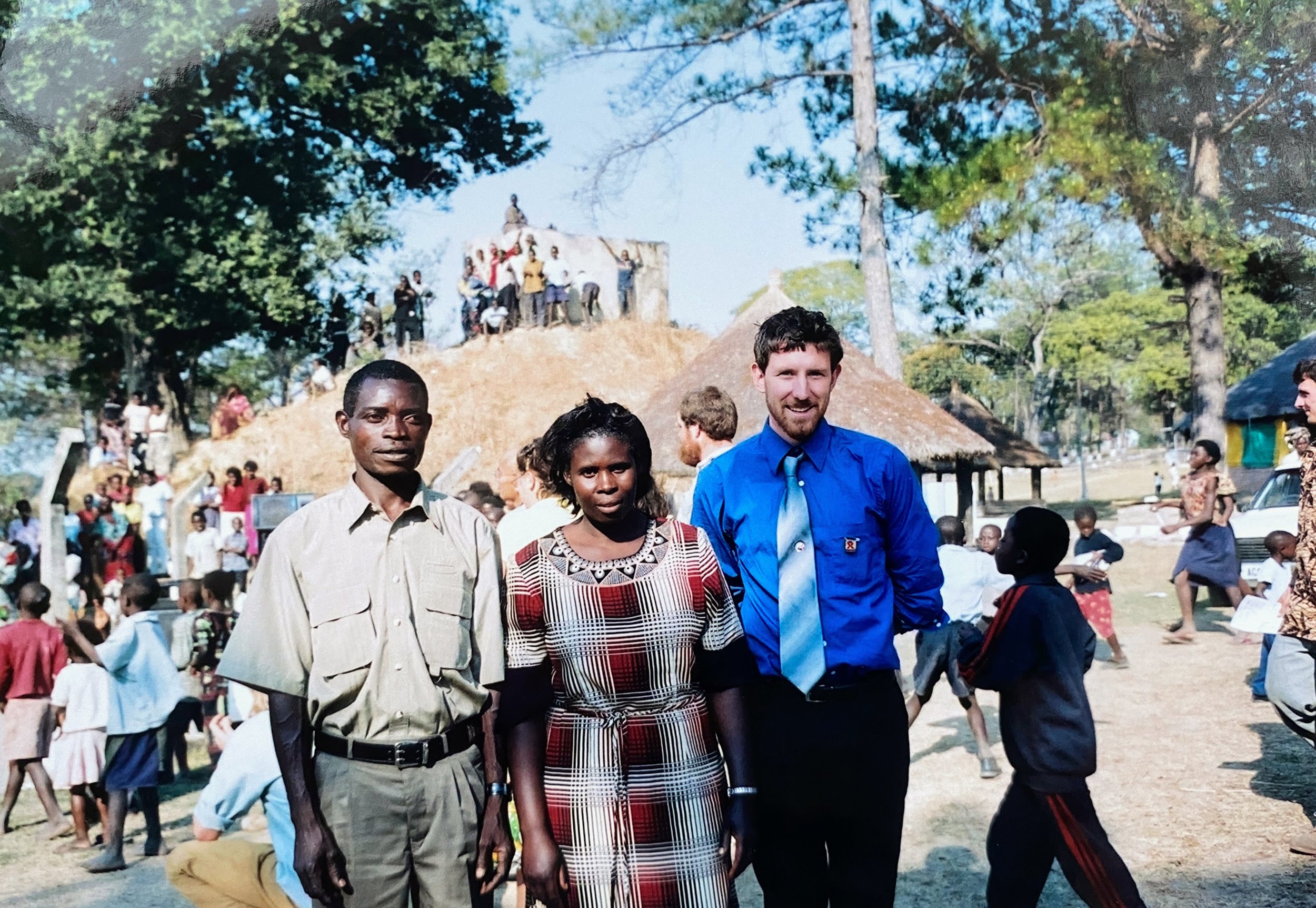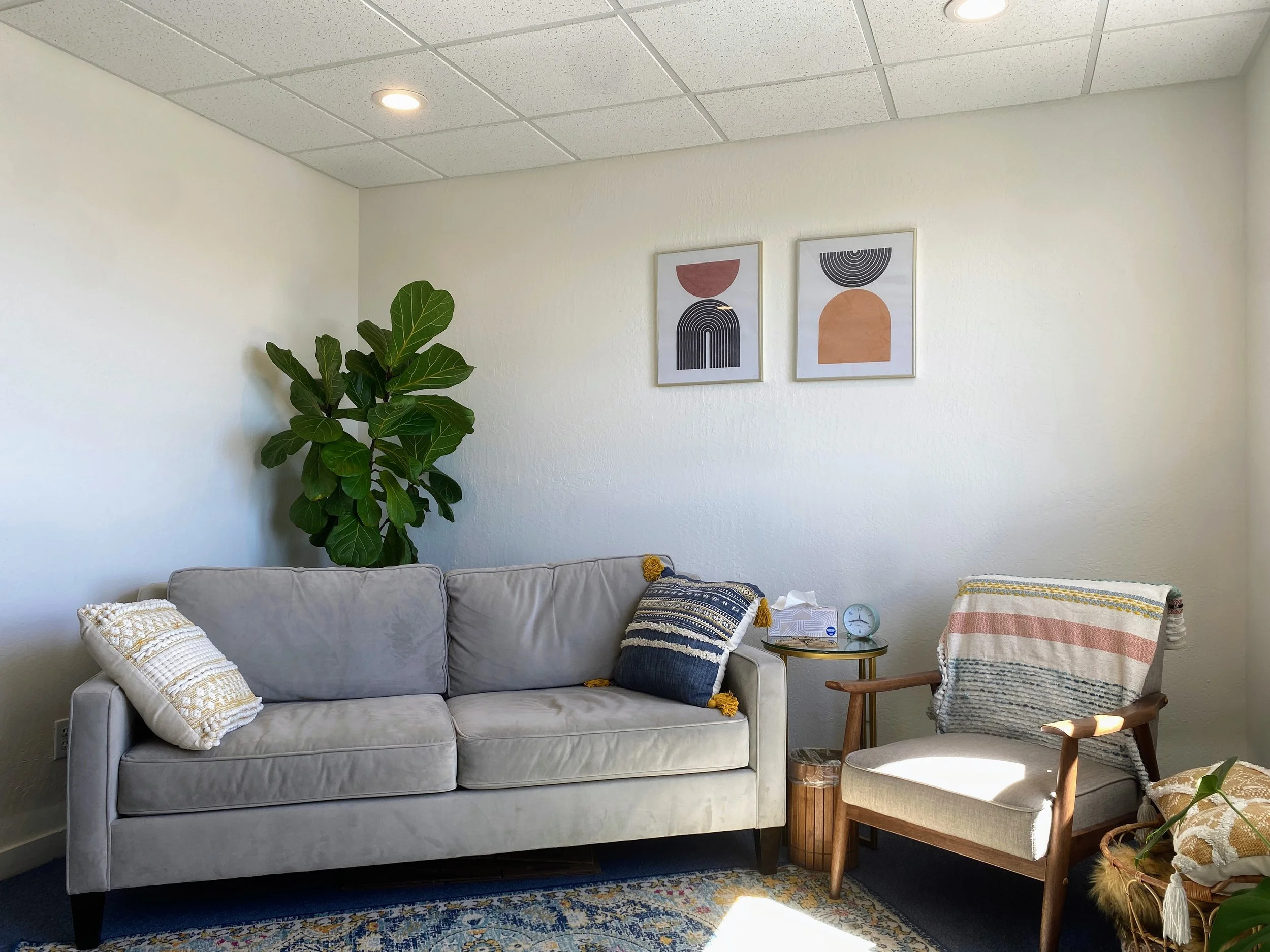About Me
My Background
While earning my B.S. in Earth Systems Science and Policy at CSU, Monterey Bay I began working with farmworkers in the Salinas Valley in a program that helped people become independent, organic farmers. While I loved the environmental side of things, it was the human connection that resonated most with me, leading me to volunteer in the Peace Corps in Zambia.
On my return I worked with low-income and diverse adults in job training programs, in outreach, and in drug rehabilitation. In 2009, I began working as a therapist and earning my doctorate in Clinical Psychology (PsyD). During that time I worked in the schools, in community clinics with adults and children, and provided in-home therapy to house-bound seniors. I currently have my own full time private practice where I provide therapy to teens and adults and offer supervision to training psychologists and early career clinicians.
I have an ongoing interest in trauma-informed depth therapy. To this end I regularly take part in trainings and consultation, and I supervise, read, and write about psychodynamic psychotherapy. I was also the Managing Editor of Impulse, the monthly newsletter for the Northern California Society for Psychoanalytic Psychotherapy, for six years.
How I work
I believe first and foremost, every successful therapy is built on a solid therapeutic relationship.
I primarily work and supervise from an evidence-based, contemporary psychodynamic standpoint. What does that jargon mean?
What it means is that we will look past your symptoms into what’s really going on.
It means that I tend to be curious about relationships – both those that you have with others and the one you have with yourself.
It means that I’m curious about the personal meanings of things.
It means that I believe that our earliest years teach us hidden assumptions that influence how we perceive the world, how we relate to others, what dilemmas we face, and what choices we make.
It means that I believe that we all are made up of different parts, some younger, some older, some quieter, some louder, and that these parts sometimes disagree with each other. When early trauma is involved, it may even feel like those parts don’t know each other at all.
It means that I believe that people generally do the best they can to feel okay in a complex world, but that often we experience double-binds where no choice that we know about will lead to feeling peaceful.
It means that I believe that our ways of relating don’t stop when we enter a therapist’s office and that this gives us a rich opportunity to deepen the work.
Finally, it means that I believe that real, lasting change requires something more than mental tricks (although you may learn some of these).


